
Note to Shinzo Abe: revising the Japanese constitution won’t build a better future
Kevin Rafferty says the victorious prime minister’s obsession with constitutional revision will only lead to increased regional tension, and certainly won’t help Japan tackle its long-term demographic dilemma
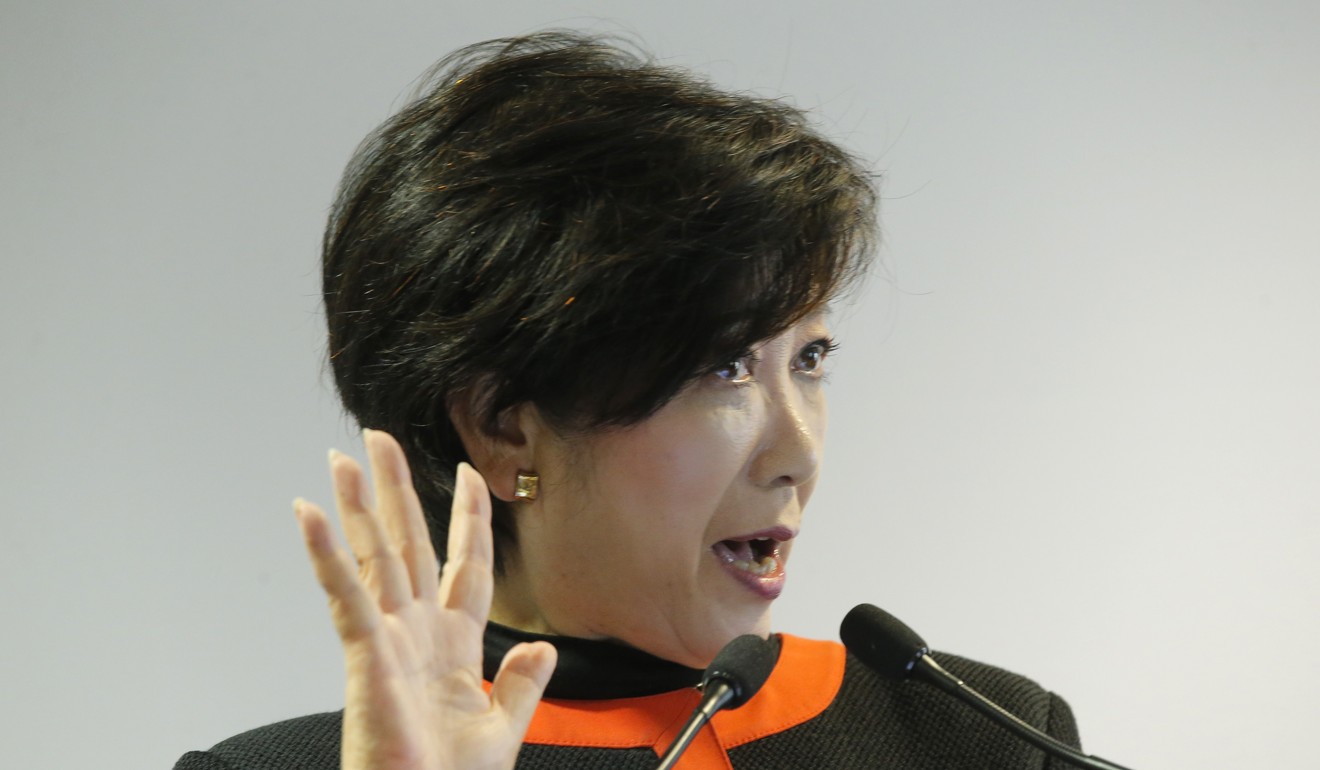
Could rapidly rising Koike become a bigger hawk than Abe?
Winning the election was the easy part. Even after three election wins and five years in power Abe has not realised he has limited political capital and must spend it wisely. Nor has he understood that leaders of sophisticated modern countries do not have magic wands to change things they don’t like.
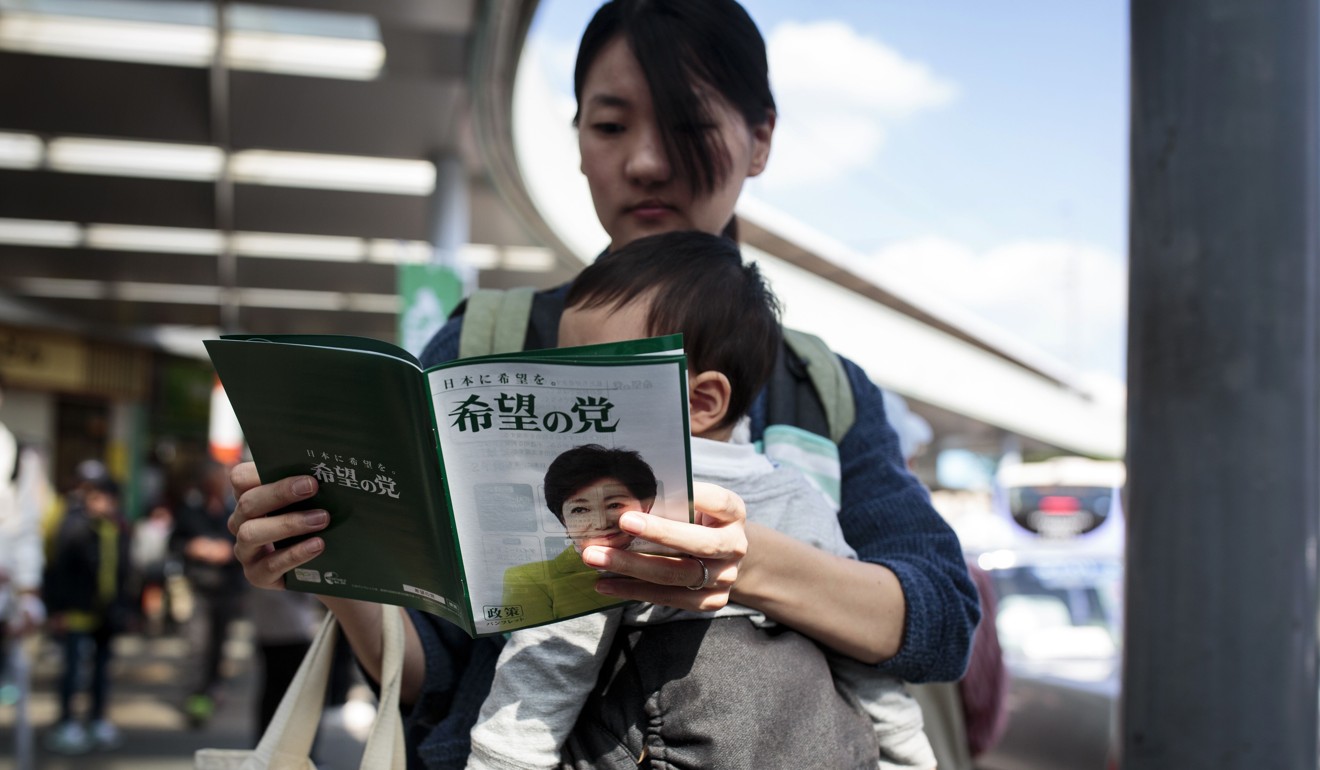
Is Japan’s long slump finally ending?
Abe cannot command the economy to grow at more than 2 per cent without painful reforms, or somehow stopping Japanese people growing old, or getting women to have more babies. Nor has he managed to persuade the ruling barons of Japan Inc to put more women into boardrooms or senior managerial positions, or to contribute more of their cash reserves to higher wages, all of which would boost the economy.
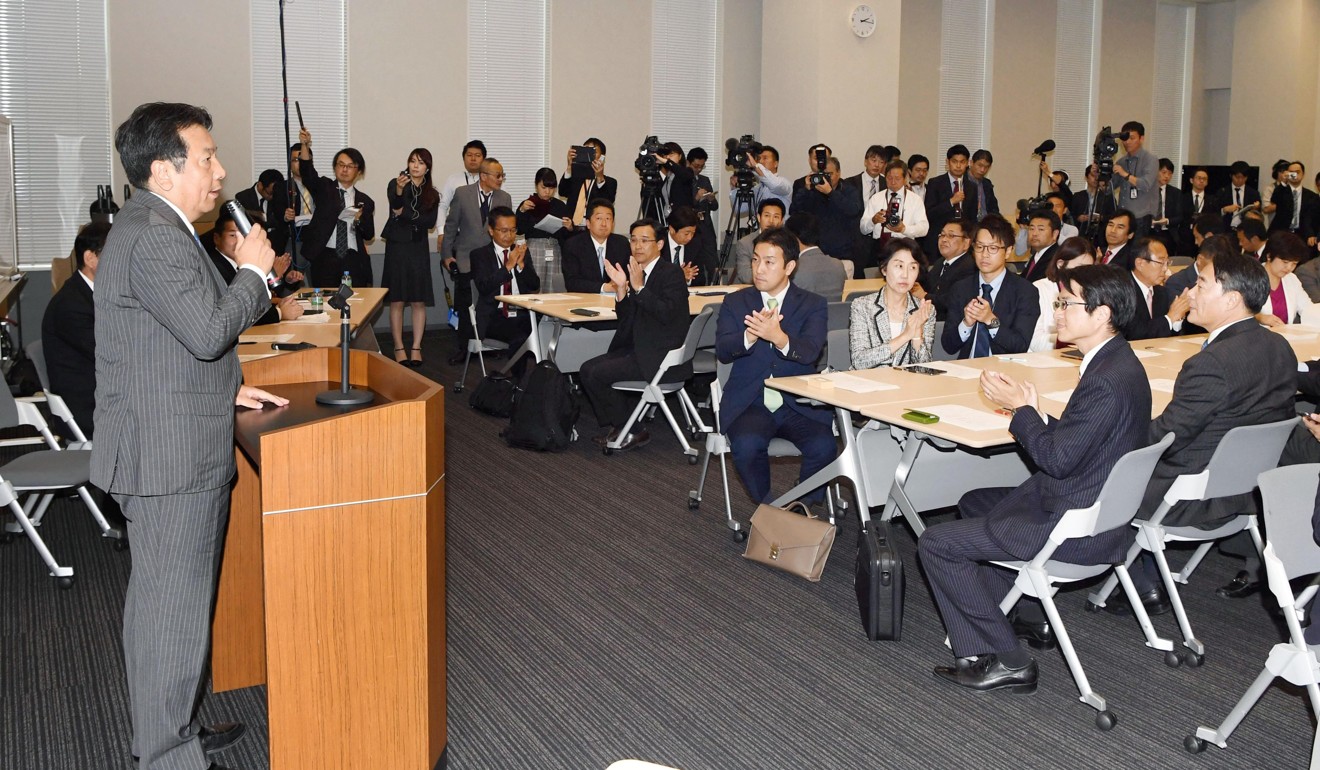
Koike’s Party of Hope flops as Japan’s new liberal party grabs top opposition post
Abe triumphantly declared that the “historic” election victory gave him the mandate to revise the constitution, though a majority of Japanese don’t want change. Any constitutional amendment requires the support of two-thirds of both Diet houses, which Abe has, then a majority in a referendum, so time, money and energy will have to be spent to devise a formula that can win popular support, using political capital that could be devoted to the economy.
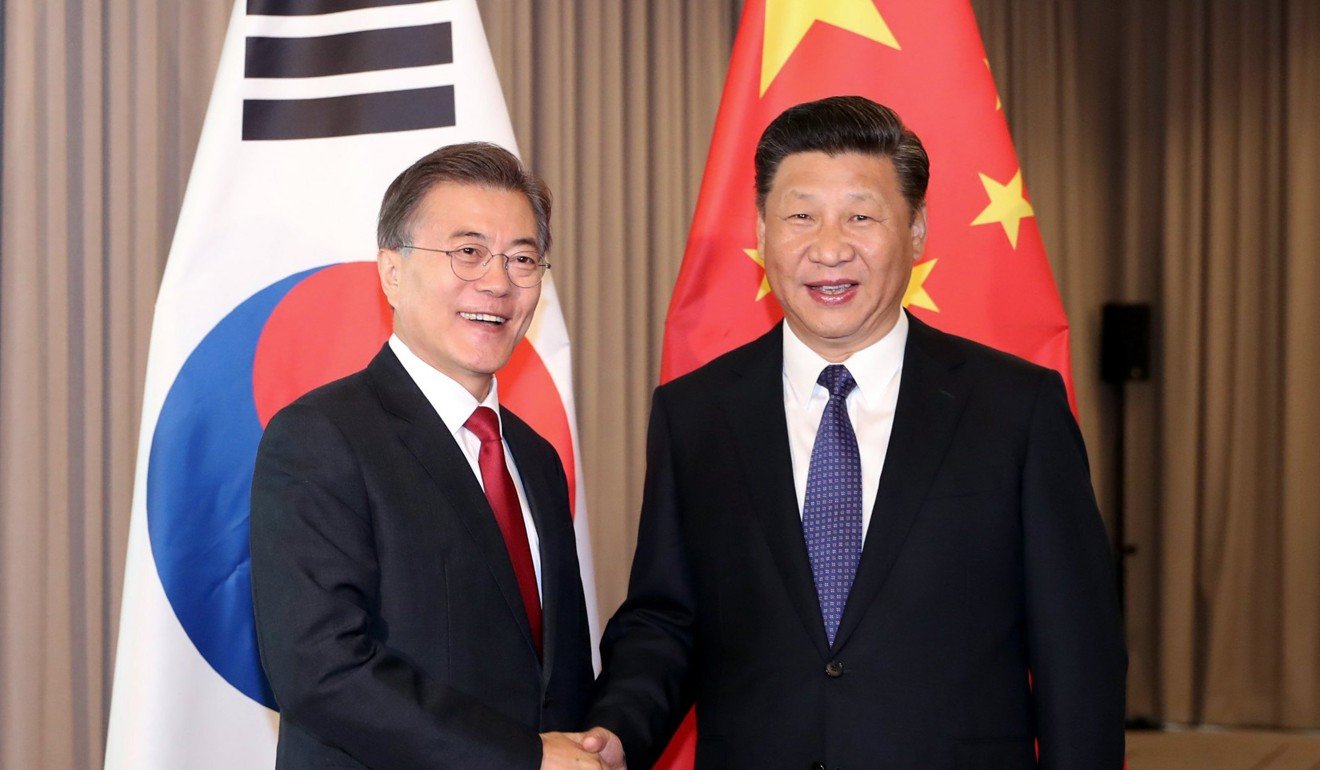
Emboldened Abe’s constitutional quest threatens regional stability and Japan’s economy
If the Korean peninsula explodes into war, even non-nuclear, Japan will suffer heavy collateral damage – or worse if North Korea attacks its US bases. Increased military spending – damaging Japan’s fragile finances – will not diminish the horrors of war.
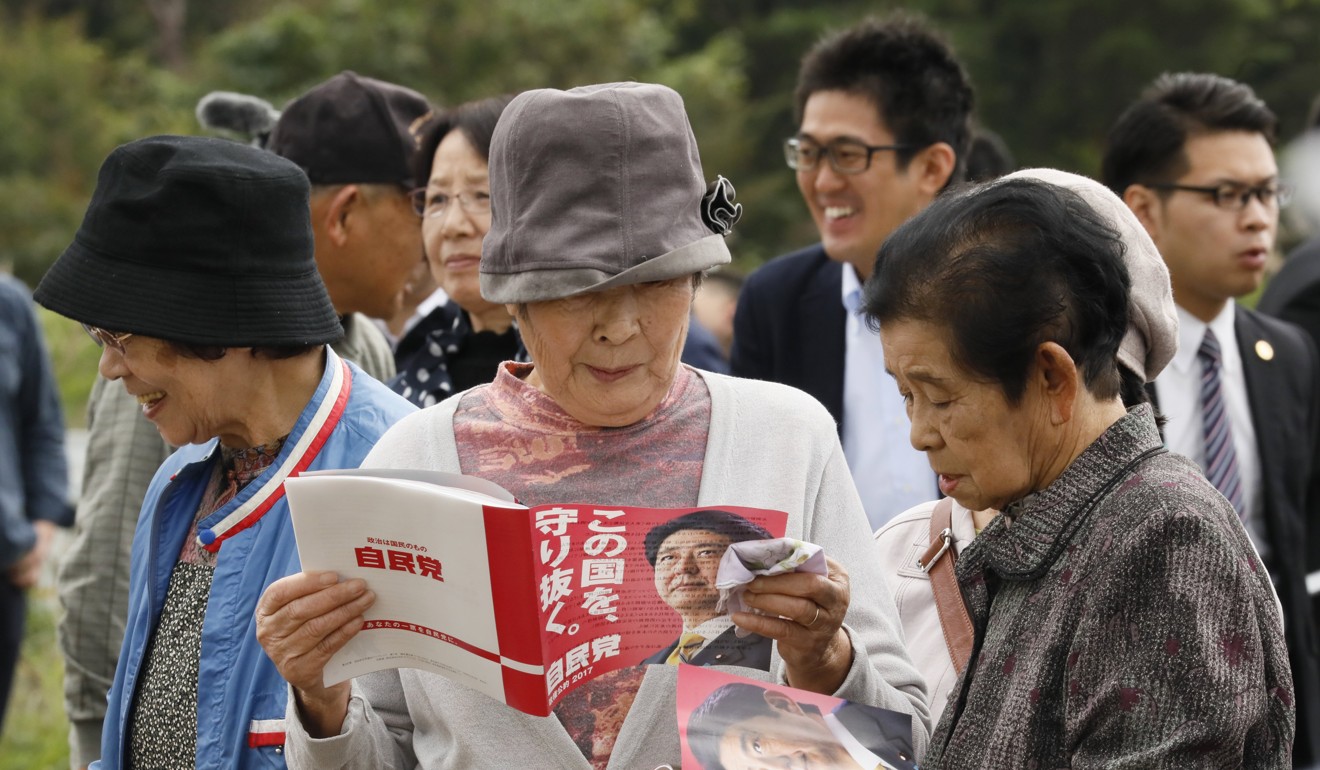
Abe’s election super majority puts Japan’s pacifist constitution in his crosshairs
If war is avoided and Korea is reunited, Japan is also vulnerable. By 2050, its population will be 107 million, 40 per cent over 65 years of age, for which a united Korea of 75 million people would be a formidable economic competitor.
A wise Japan would remember the searing experience of militarism and nuclear defeat to build on the pacifist constitution and create an Asian century of peace where neighbours seek harmony. In seeking constitutional revision to enshrine military forces, Abe is setting the clock back.
Kevin Rafferty, a former Osaka University professor and World Bank official, is a journalist who has edited daily newspapers in 30 cities worldwide

